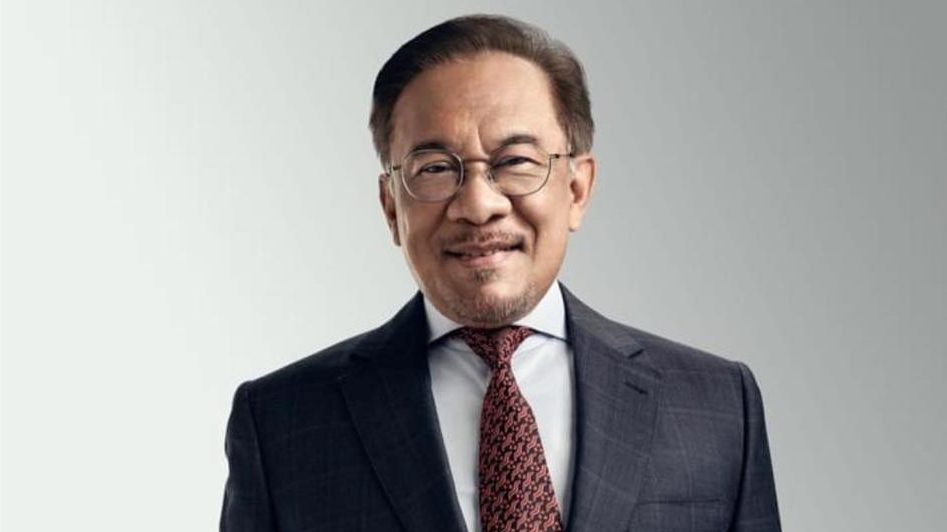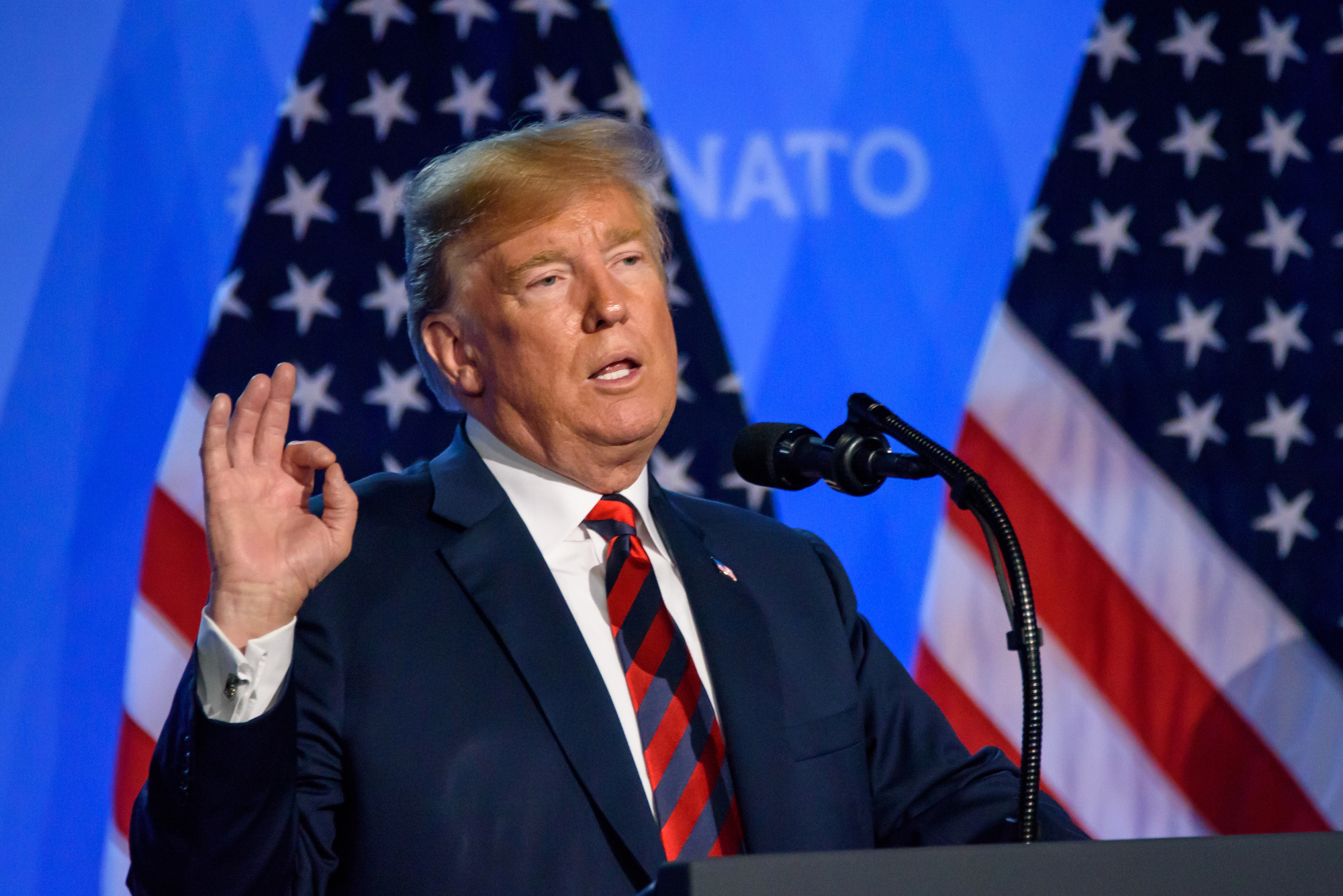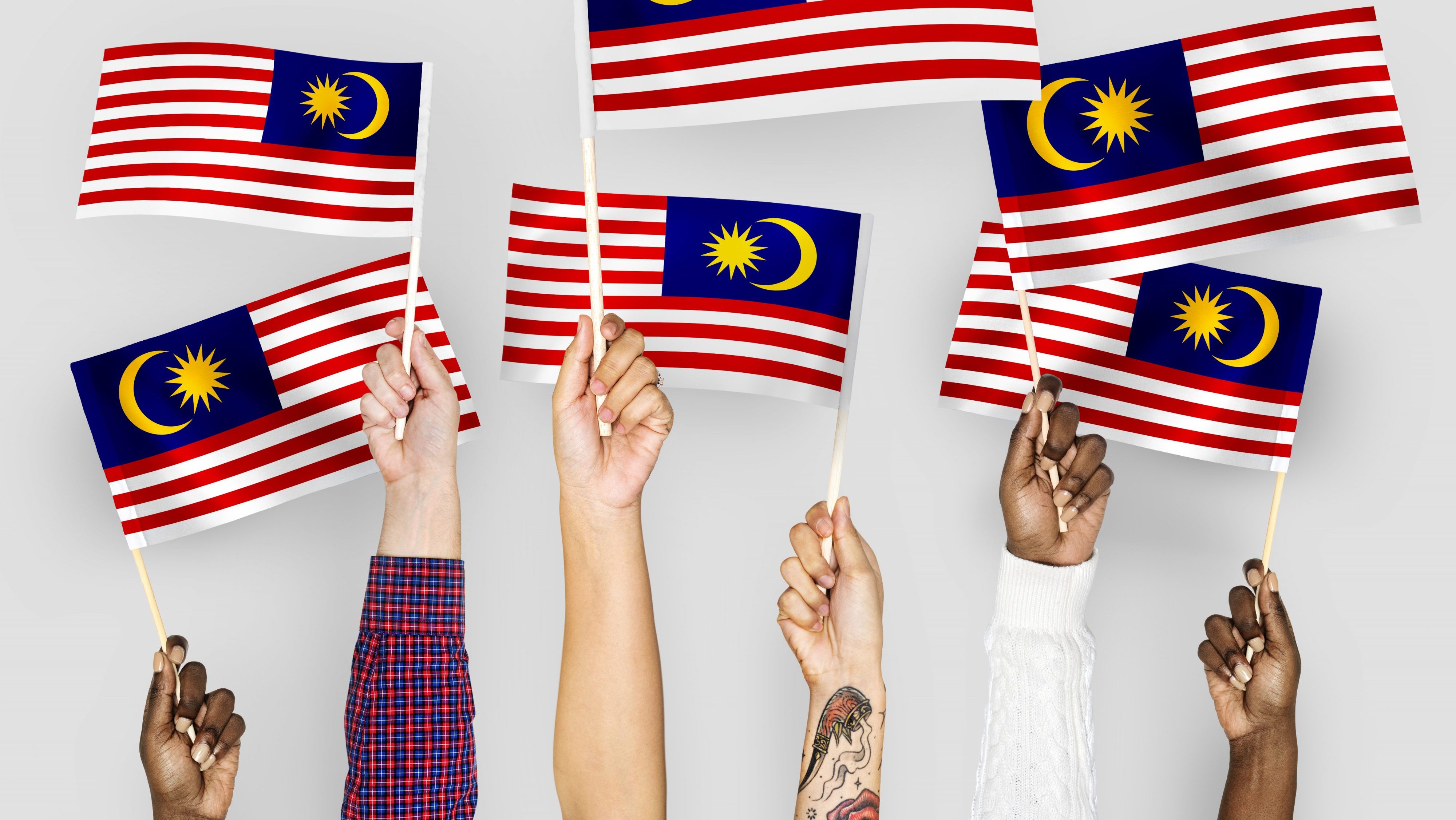
FB/anwaribrahimofficial
OPINION | Anwar Ibrahim has been getting the job done, but there is still a lot to do
By Vijay Eswaran
It has been almost a year since Malaysians went to the polls in November 2022, casting their votes with hopes of witnessing transformative change under a new government. Anwar Ibrahim’s victory signalled a proposed new era of governance characterised by transparency, accountability, and progress.
Anwar has largely kept his commitment to upholding the principles of transparency and accountability he promised in his election campaign.
The hopes of the Malaysians who voted for him have not been in vain, fortunately.
Under Anwar’s stewardship, the country has since witnessed a series of significant reforms and policies aimed at fostering progress for Malaysia on multiple fronts.
Under Anwar, the government has made significant strides in fortifying the nation’s institutions, ensuring that they not only serve the people more effectively but also remain answerable to their aspirations.
The Royal Malaysian Police Police Force underwent training programs emphasising community engagement, which can hopefully lead to increased trust between officers and the communities they serve.
Public health institutions saw an infusion of funds and resources, ensuring quicker response times during health crises and improving overall public health outcomes, making them more responsive to the needs and demands of Malaysians.
Further, Anwar’s commitment to transparency has seen the implementation of various measures, such as open government initiatives and enhanced access to public information, ensuring that citizens are well-informed about the workings of their government.
The renewed focus on these principles has restored faith in Malaysia’s political landscape and attracted investment and cooperation on the international stage.
Significant achievements
One major significant achievement of Anwar’s leadership is that he has shown a commitment to inclusivity.
His government initiated several policies catering to marginalised communities, ensuring they weren’t left behind.
One example of this is the Menu Rahmah programme, in an effort to help reduce the cost of living, especially for the low-income group. More than 30,000 food premises are offering RM5 meals under this initiative. Menu Rahmah comprises a plate of rice, chicken or fish, and vegetables. It was launched on Jan 31 this year, which can be enjoyed for lunch or dinner.
Anwar’s promise of MADANI Malaysia, the focus on good governance, sustainable development and racial harmony, was a clarion call for unity, inclusivity, and the protection of civil liberties.
This was evident when he moved to quickly secure the support of Sarawak and Sabah with key cabinet appointments — including Datuk Seri Fadillah Yusof’s appointment as Malaysia’s first Deputy Prime Minister from East Malaysia — as well as devolving further powers to the Bornean state governments in matters of government procurement approvals and committing to more shared power based on the Malaysia Agreement of 1963.
Challenges
While Anwar’s government has made commendable strides in various areas, it has not been without its share of challenges and criticisms.
Anwar’s appointment of himself as finance minister was criticised for its lack of checks and balances, with many thinking he should appoint a second finance minister.
His appointment broke his earlier promise of not allowing one person to hold the prime minister and finance minister roles concurrently. Moreover, Anwar came under fire for appointing his eldest daughter, Nurul Izzah, to serve as his senior adviser on economics and finance, which she eventually relinquished amid allegations of nepotism.
Furthermore, hundreds rallied against Anwar’s administration, accusing it of reneging on its promises following the dismissal of graft charges against Deputy Prime Minister Zahid Ahmad.
Many speculated that the government intervened to absolve Zahid in return for his political backing of Anwar, a move that significantly tarnished Anwar’s trustworthiness and standing.
One other pressing concern is the government’s handling of ethnic and religious tensions.
Despite promises to promote unity and inclusivity, divisive rhetoric and incidents of intolerance have persisted. For instance, instances of religious discrimination and hate speech remain a concern, raising questions about the government’s ability to foster a truly inclusive society.
The above was evident in the recent state elections in August held in Selangor, Negeri Sembilan, Penang, Kelantan, Kedah and Terengganu, which many claimed to be the first true test of Anwar’s ruling government.
The results saw the ruling party, Pakatan Harapan, and the opposition of Perikatan Nasional retaining control of three states each.
However, it was deemed a ‘setback’, as the ruling coalition failed to win the crucial Malay vote.
In the education sector, the debate surrounding the inclusion of the “40 Hadith” in national schools has sparked significant opposition. While the education ministry believes that this module is crucial to counteract radicalism and extremism within the community, many feel that the national school curriculum already emphasises Islamic teachings excessively.
Work to be done
Anwar’s first year in government has been a mixed bag.
There have been undeniable strides forward, both economically and socio-politically. Yet, the challenges of navigating a diverse nation’s aspirations, maintaining economic growth, and ensuring equity are as potent as ever.
Anwar’s leadership, while progressive and ambitious, needs to balance idealism with pragmatism, innovation with tradition, and globalisation with localization.
What remains clear is that Anwar’s government, while not without its shortcomings, has shown a commitment to change and progress.
With the right mix of perseverance, adaptability, and public support, there’s every reason to believe that the coming years can usher in an era of sustained growth, unity, and prosperity.
Vijay Eswaran, Founder and Chairman of QI Group, is a Malaysian entrepreneur, philanthropist, author and leadership/mindfulness speaker




